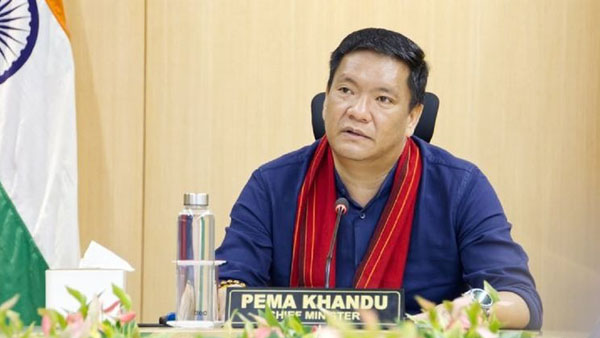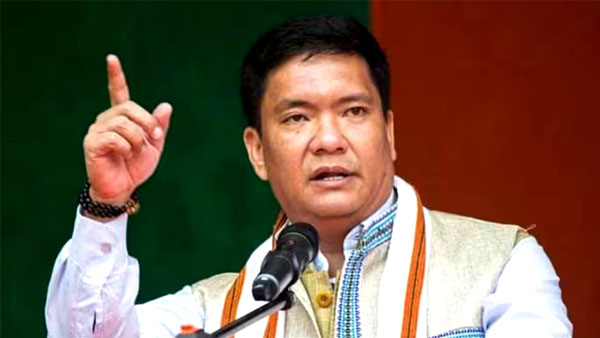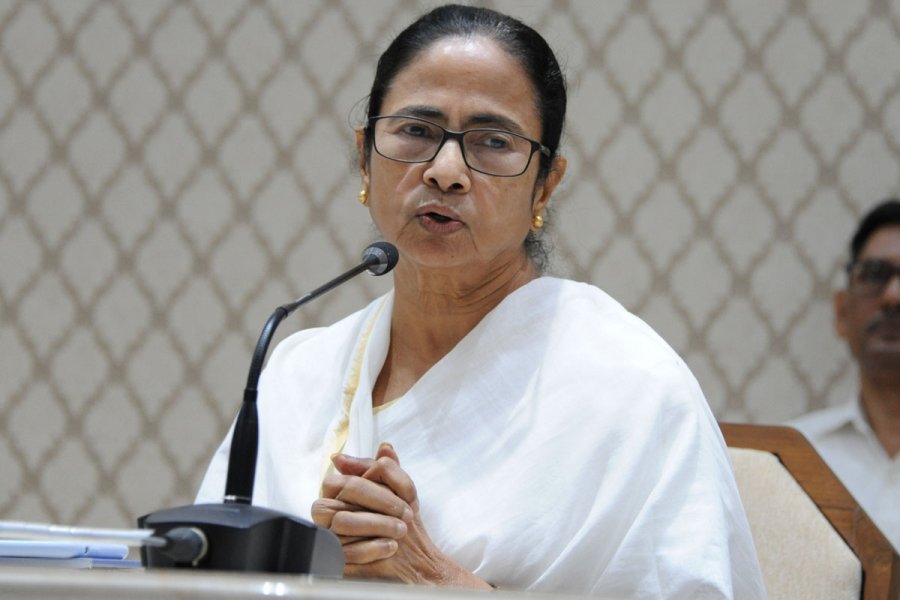Itanagar, Aug 5 : In a move to enhance citizen convenience and streamline public service delivery, Arunachal Pradesh Chief Minister Pema Khandu on Tuesday launched a “pilot project for online water revenue payment” in the Itanagar Capital Region.
The initiative marks a key step toward digitising essential services across the state.
“For the people in Itanagar Capital Region, paying a water bill no longer means taking half a day off work or standing in a long queue. Now, it’s just a few taps on a phone, a few clicks on a screen,” Khandu said in a post on X.
The new system enables residents to pay their water bills online, removing the need for physical visits to government offices and significantly cutting down wait times.
The pilot project is being implemented under the Public Health Engineering & Water Supply Department.
Khandu was joined at the launch by state Home Minister Mama Natung, who is also the PHE&WS minister, and advisor to the minister Pani Taram.
Describing the initiative as a citizen-first reform, Khandu remarked that the project reflects his government’s broader commitment to transparency, efficiency, and digital empowerment.
“This is not just about Itanagar, it is part of a larger vision to bring digital systems for water connections, billing, and grievance redressal to every district headquarters in Arunachal Pradesh,” the chief minister wrote in another social media post.
Khandu stressed that every citizen, regardless of location, should have equal access to hassle-free public services.
“Whether you live in the hills of Tawang or the plains of Namsai, you deserve public services that are fast, transparent, and hassle-free,” he added.
The state government plans to gradually scale up the system to all district headquarters, aiming for a robust, user-friendly digital platform for water utility management.
The launch of the online billing system comes as part of the government’s ongoing efforts to build an inclusive digital infrastructure and bring essential services closer to people across even the most remote corners of the state. (PTI)




